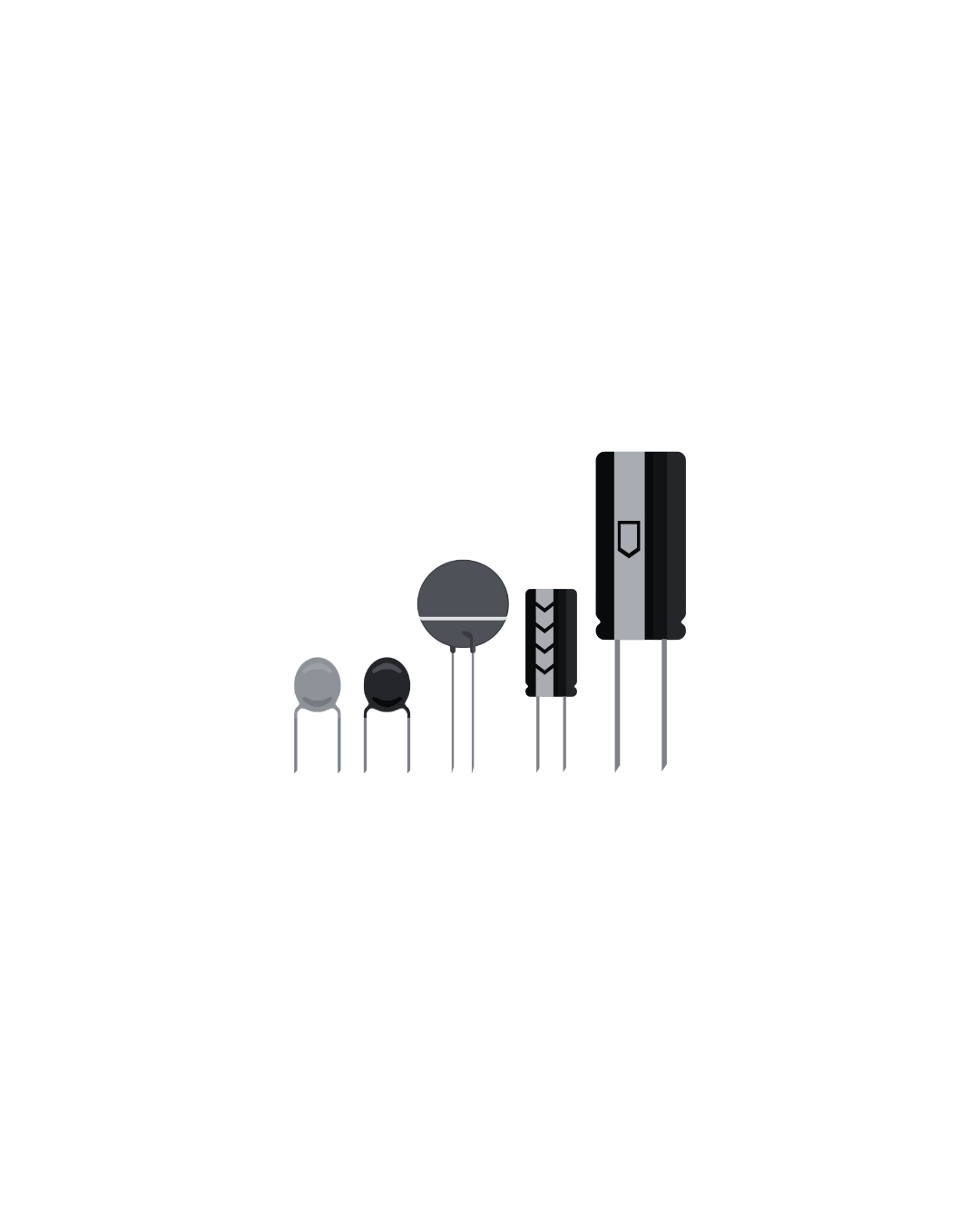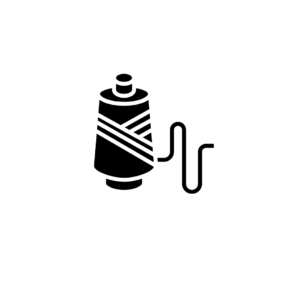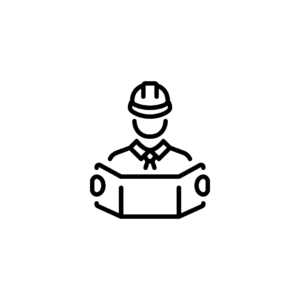Description
A Diploma in Electricals & Electronics Engineering is a specialized program that combines the study of electrical engineering with electronics. This diploma equips students with the knowledge and skills needed to work in various sectors, including power generation, telecommunications, automation, and consumer electronics.
Curriculum Overview
The curriculum for a Diploma in Electricals & Electronics Engineering typically includes a mix of theoretical coursework and practical training. Here are some common subjects and areas of study you might encounter in this program:
Fundamentals of Electrical Engineering:
Basics of electrical concepts, including voltage, current, resistance, and circuit laws.
Circuit Theory:
Analysis of electrical circuits, including AC and DC circuits and the application of circuit theorems.
Electrical Machines:
Study of different types of electrical machines, such as transformers, motors, and generators, including their operation and applications.
Electronics:
Introduction to electronics principles, including diodes, transistors, operational amplifiers, and digital electronics.
Digital Electronics:
Fundamentals of digital circuits, including logic gates, flip-flops, and combinational and sequential logic design.
Microprocessors and Microcontrollers:
Overview of microprocessor architecture, programming, and their applications in embedded systems.
Control Systems:
Concepts related to control theory, including feedback systems, stability analysis, and control strategies.
Power Electronics:
Understanding power conversion, including rectifiers, inverters, and applications of power electronic devices.
Signal Processing:
Basics of signal processing, including analog and digital signals, filtering, and modulation techniques.
Telecommunications:
Introduction to communication systems, transmission media, modulation techniques, and networking fundamentals.
Measurement and Instrumentation:
Techniques for measuring electrical quantities and understanding various types of measuring instruments.
Renewable Energy Systems:
Overview of renewable energy technologies, such as solar and wind, and their integration into electrical systems.
Project Work:
A hands-on project that allows students to apply their theoretical knowledge to real-world engineering challenges, often involving design and implementation of electrical and electronic systems.
Career Opportunities
Graduates of a Diploma in Electricals & Electronics Engineering can pursue various career opportunities in different sectors, including manufacturing, telecommunications, power generation, and automation. Some potential job roles include:
Electronics Engineer: Designing and developing electronic circuits and systems for various applications.
Electrical Engineer: Working on the design, testing, and maintenance of electrical systems and equipment.
Service Technician: Providing maintenance and repair services for electrical and electronic equipment.
Control Systems Engineer: Designing and implementing automatic control systems in industrial applications.
Microprocessor/Microcontroller Technician: Developing and programming embedded systems using microcontrollers.
Power Electronics Engineer: Working on power conversion systems and related technologies.
Telecommunications Technician: Managing and maintaining telecommunications equipment and networks.
Field Service Engineer: Installing and servicing electrical and electronic equipment at client locations.
Quality Assurance Engineer: Ensuring that electronic products meet industry standards and specifications.
Technical Sales Engineer: Providing technical support and expertise in the sales of electrical and electronic products.
Further Education
After completing a Diploma in Electricals & Electronics Engineering, graduates may choose to further their education by pursuing a Bachelor’s degree in Electrical Engineering, Electronics Engineering, or a related field. Additionally, obtaining certifications in specialized areas such as embedded systems, power electronics, or telecommunications can enhance career opportunities and professional growth.
If you have any questions about the Diploma in Electricals & Electronics Engineering program, potential career paths, or any related topics, feel free to ask!









